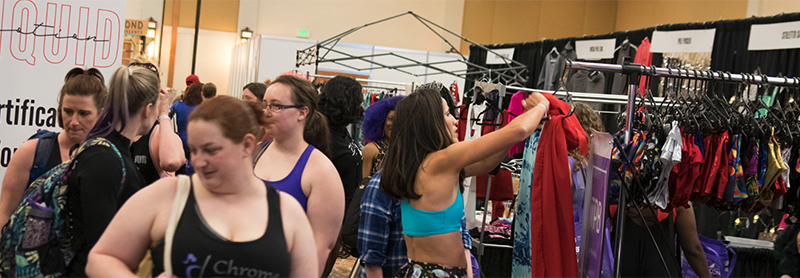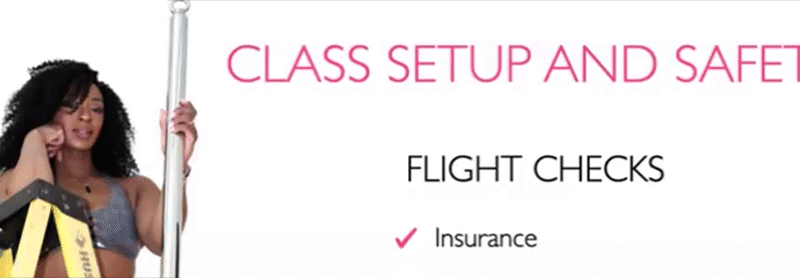A train-cation is a trip (usually away from home) where you focus for a specific…

Managing Your Expectations as a Change Agent in the Pole Industry
While many people start businesses with the goal of making money, there are just as many people that start businesses (or non-profit organizations) because they want to be the change they want to see in the world.
Maybe you’ve got a brand-new, technology-focused idea that would revolutionize the pole industry—if they just understood it first.
Or maybe you want to see businesses led by and serving people that represent your historically underserved demographic.
In any case, you not only have the challenges of making money to sustain your business idea (even if you have some other way to pay your bills, you still need your business to generate some revenue; otherwise it’s a “hobby” and not a business) but you also have to sustain your emotional drive (we’ve talked about the challenge around this before).
In this post we’ll talk about the challenge to create real change and share some actionable tips to stay motivated and focused on what is likely to be a long road!
The outward facing challenge
Albert Hirschman, an economist, claimed that there are four different options for handling a dissatisfying situation:
“Whether you’re unhappy with your job, your marriage, or your government, or the current state of the pole industry (in micro like your local studio, or in macro like the way most pole teachers teach in the industry) decades of research show that you have a choice between exit, voice, persistence, and neglect.”
If you have an entrepreneurial spirit, you may let that dissatisfaction drive you to create something new that voices the change you want to see.
The challenge is, creating something truly new or done in a totally new way—particularly if it involves a significant amount of change—can be daunting AND take a lot of time.
You will need to educate your intended audience on the challenge—which they may not immediately agree with or see as a challenge. Then you will need to educate them on why your solution is the best (or one of the best) solutions.
This will likely take much longer than you think. Changing one person’s habits can take months; changing the habits and beliefs in a larger community of people could take years.
Actionable ways to improve that challenge
Focus on the mission. On days when it seems like no one is listening to you or caring about something that you clearly see is a challenge that can be improved or solved, remember why you are fighting so hard for change. Focus on how many people can be helped by your solution, your business, your ability to create opportunities, etc. Make a folder of things that remind you that you’re on the right track and helping people. Review it regularly.
Ask the community for help. As a leader in your community or industry, ask your followers, supporters, clients, students, and other people involved with your business or organization for direct support which isn’t financial.
Some suggestions might be:
- Let your instructors know when a cue they gave really resonates with you
- Let your instructor know you enjoyed a lesson plan
- Let a studio owner know you appreciate their welcoming space
- Let a community organizer know you appreciate an event they hold
- When a brand makes a pledge to do better in any part of the industry, talk about it online and thank those creators
- Tip a dancer when you like their choreography
- Defend SWers
Self care. This can be a buzzword in many circles so take and apply this recommendation in a way that feels useful and authentic. Some specific suggestions may include journaling to process your emotions, taking a break from the community you’re working with or in (everyone needs a break sometimes!), finding “glimmers” or small things that make you feel better in your every day.
There may be many people in our industry doing jobs that feel thankless and invisible—even when they believe in their idea and how it helps people. Oftentimes, the people in these roles only receive negative feedback, making it feel like they are only noticed when they mess up.
As business or organizational leaders, we can focus on the mission, ask for help, and practice relevant self-care so that we can continue to focus on the mission longer term.
As a community, we can make an effort (event a small one!) to make everyone feel seen by acknowledging work when we see it. Everyone needs to feel seen, held, and heard.



